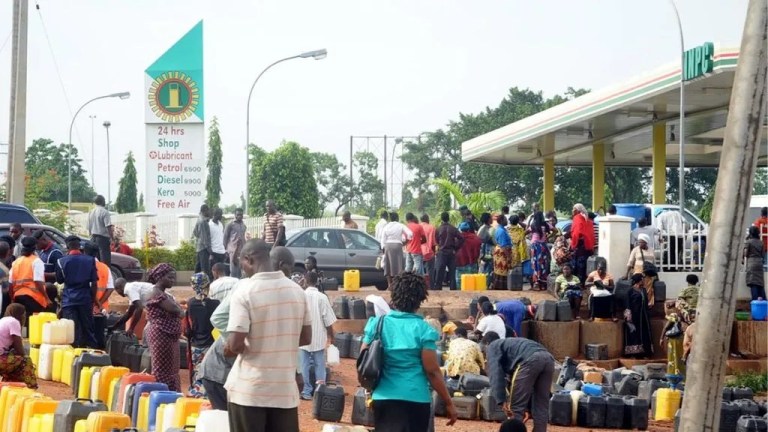The Independent Petroleum Marketers Association of Nigeria (IPMAN) has issued a forecast that fuel prices could reach an alarming N700 per litre starting in July. This projection, made by Mike Osatuyi, the National Controller of Operations for IPMAN, has sparked concerns among Nigerians about the potential economic ramifications of such a significant increase in fuel costs.
According to Osatuyi, the projected prices are expected to be even higher in the northern region of the country, particularly as independent marketers begin importing products in July. He indicated that residents in the northern states could face prices of N700 and above, while those outside Lagos should anticipate paying around N610 per litre. For Lagos residents, the estimated price is around N600 per litre.
Explaining the factors contributing to the anticipated price hike, Osatuyi cited the exchange rate, the current crude oil price in the international market, and the landing cost as key considerations. These variables, combined with the operational expenses incurred by marketers, have led to the projection of substantially higher fuel prices.
This announcement has further heightened concerns among Nigerians already grappling with the impact of inflation and the high cost of living. The potential consequences of the predicted fuel price increase are far-reaching and are expected to affect various sectors, including transportation, industry, and the overall economy. The rising cost of fuel will likely lead to an increase in transportation fares, which will subsequently drive up prices for goods and services. This scenario may exacerbate inflationary pressures and place an additional burden on the already strained purchasing power of consumers.
Read MoreThe news of the impending fuel price surge has spurred calls for urgent action from the federal government and relevant stakeholders. Many are urging authorities to explore measures aimed at mitigating the potential negative effects on the economy and the welfare of Nigerians. Increased transparency and accountability in the management of the petroleum sector are being demanded to ensure fair pricing and alleviate the burden on citizens.
As the anticipated implementation of the higher fuel prices draws near, Nigerians anxiously await further developments. The coming weeks will be critical in monitoring the impact on various sectors of the economy and assessing the government’s response to address the concerns raised by citizens. It is essential for all stakeholders to engage in constructive dialogue and work towards finding a sustainable solution that strikes a balance between maintaining a viable petroleum industry and safeguarding the well-being of the Nigerian people.
The outcome of these deliberations will significantly shape the future of fuel pricing in the country and have long-lasting implications for the lives of millions of Nigerians. Consequently, it is imperative for all parties involved to prioritize the interests of the populace and adopt measures that promote a stable and sustainable energy market.









